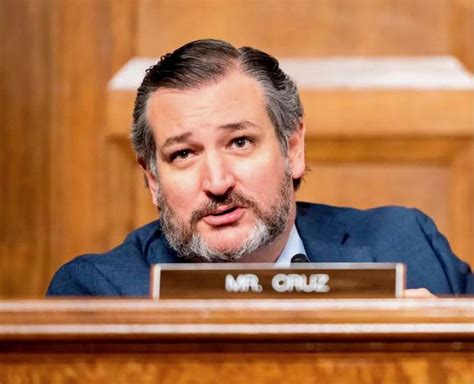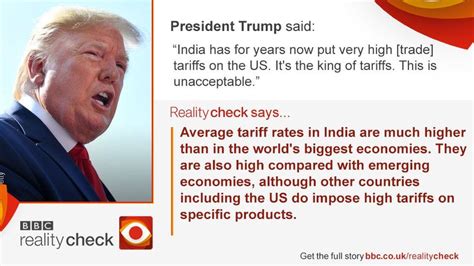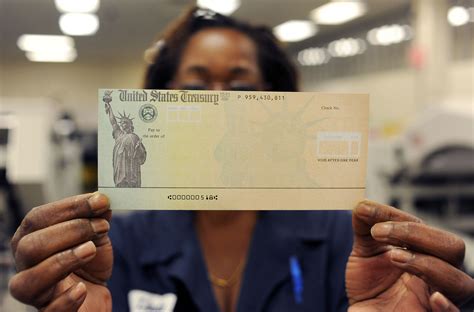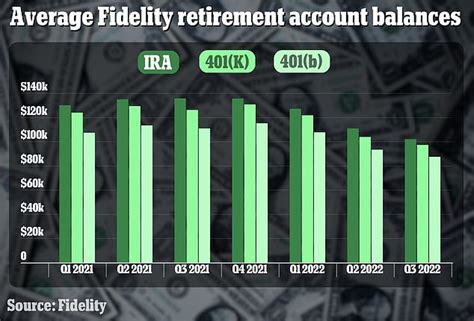Republican senators on Capitol Hill, led by Senator Ted Cruz from Texas, are voicing their concerns about President Trump’s recent tariff policies. The move has sent shockwaves through global markets and raised fears of a potential trade war.
“A Terrible Outcome for the Country”
Senator Cruz cautioned that retaliatory tariffs from other nations could severely harm American businesses and consumers. He emphasized the real threat posed by escalating tariffs and their detrimental effects on the domestic job market and overall economy.
The senator highlighted the damaging repercussions of a full-blown trade war, predicting increased inflation rates and heightened financial burden on ordinary Americans. Despite his unwavering support for President Trump, Cruz underscored that tariffs essentially function as a tax on U.S. consumers.
Senate Dynamics
On Capitol Hill, the Senate engaged in symbolic gestures to block proposed hefty tariffs on Canada. However, these efforts are expected to face significant challenges in gaining traction within the House of Representatives or securing approval from President Trump.
While Senators Lisa Murkowski, Susan Collins, Rand Paul, Mitch McConnell actively pushed against the tariffs bill alongside Democrats, Senator Cruz chose not to participate in this initiative. Nevertheless, there is growing bipartisan collaboration against what some lawmakers view as an overreach of presidential authority on trade matters.
Legislative Response
Senator Chuck Grassley of Iowa collaborated with a Democrat counterpart to introduce legislation aimed at reasserting Congress’s oversight over tariff implementation. The proposed bill would necessitate presidential notification to Congress 48 hours before imposing new tariffs; thereafter, Congress would have 60 days to approve or reject them.
This move reflects a broader shift within Congress towards reclaiming its authority in shaping key economic policies like trade agreements. Such initiatives mark an attempt to restore balance between executive decision-making powers and congressional oversight regarding critical economic decisions affecting the nation at large.
Expert analysts anticipate continued friction between branches of government as they navigate complex trade dynamics amidst evolving global economic landscapes. The delicate interplay between political interests and economic imperatives underscores profound shifts in traditional approaches towards international commerce regulation.
As debates intensify within legislative chambers and echoing across public forums nationwide, all eyes remain fixed on Washington D.C., where consequential decisions will shape America’s economic trajectory amid turbulent international trade environments.
In conclusion, Senator Cruz’s outspoken critique signals mounting tensions within Republican ranks over tariff strategies pursued by the current administration while underscoring broader challenges facing U.S. policymakers wrestling with intricate global trade dilemmas.









Leave feedback about this